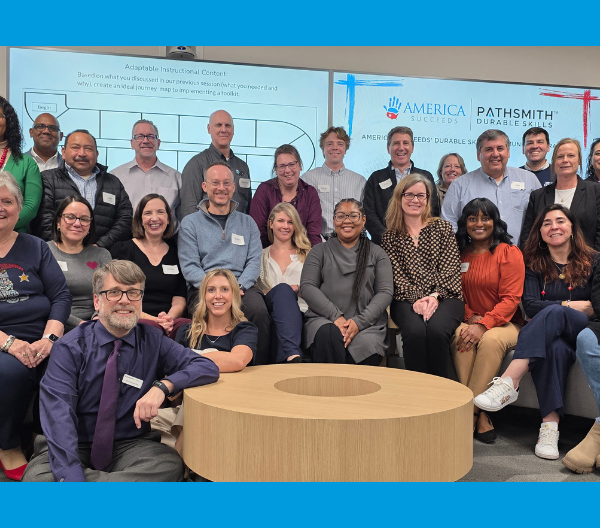The biggest debate in education over the past year has undoubtedly been whether and how to reopen schools for in-person instruction. It’s a discussion worthy of the debate, even if there may not be a right answer.
I also don’t remember ever hearing so much discussion about what’s happening (or not happening) in education across the news networks, among political leaders, and even as fodder for late-night talk shows. Millions of parents are suddenly hyper-aware of what and how their kids are learning, whether their school and district leaders are communicating effectively, and what it’s like to not have much say in the kind of education available. I wish there was this much consistent attention to education more often and not just during a pandemic…
Behind the din of the reopening debate, there’s another important conversation about education happening, albeit mostly among people who pay attention to these things for a living. What should school accountability look like in 2021? Should we test or not test? How do we hold our schools, educators, and systems accountable for what students are learning – if at all?
The Center on Reinventing Public Education (CRPE) asked several education policy wonks and advocates (including America Succeeds) from around the country for their recommendations in response to those questions. They published a brief last month that’s worth a read.
Overall a few themes emerged:
- None of the contributors took a hard stance on pushing for consequences this year. Instead, all acknowledge that the circumstances of the pandemic meant that it would be either impractical, unfair, or impossible to hold schools and educators to the same standards of accountability of a typical school year.
- At the same time, the panel of experts unanimously advocated for collecting data (whatever might be available) about student wellbeing and learning. There is a clear understanding of the need for parents, educators, administrators, and policymakers to know how the students are, how the disruption in instruction and different learning circumstances have impacted them, and what supports and interventions may be necessary as we move forward. Whether this data comes from state assessments in some capacity, school- and district-level diagnostic and formative assessments, or other measures and information that might be available is up for discussion; simply writing this year off and not measuring anything is not.
- There is a general sense of opportunity and optimism that states could develop new approaches that could reflect better, more innovative ways to measure what happens in schools and the full student experience rather than just workarounds for the ongoing pandemic.
The responses reflect a spectrum of political perspectives and policy backgrounds, raising some interesting questions that CRPE summarizes as:
- Should changes be transformational, or should they tweak around the edges?
- Should qualitative data factor into accountability, and if so, what is an acceptable balance between quantitative and qualitative data? How much accountability is purely for transparency and how much is used to assign consequences or to allocate support to educators and schools?
- Should the improvement process be a more interactive and reciprocal process between districts and states, or should it be top-down?
- Could we have a conversation about what our assumptions about accountability are, and can we begin to challenge those assumptions?
- Who is the primary constituency of state accountability systems?
I’m not sure where I end up (bias for my contribution aside), though I found a number of the ideas compelling. And now that the new federal administration has weighed in and made clear that states are still expected to administer annual assessments this spring, state, district, and school leaders have at least a starting point for considering their options.
One thing that is certain: if we see the diversity and creativity in approaches across states that are put forward in the CRPE brief, then we could finally see progress toward a new paradigm for state school accountability. Fingers crossed.




